This senior course in physical cultural studies attends to and examines the existential and cultural dimensions of illness, disease and suffering in society. Taking both the personal (i.e., embodied, emplaced and performative) experience and institutional organization of illness as its broad focus, the course theoretically and empirically interrogates how socially problematic forms of embodiment, self-constructions through disease processes, illness and individual affect, strained interpersonal relations through illness, bodies in physical and social recovery, and cultural representations of ‘bad bodies’ are poorly understood within kinesiology proper. Particular attention in this course is given to how bodies and associated selves at the fringe of medically defined ‘health’/kinesiological parameters are positioned as pathological, contra-normative, at risk or in need of repair and restitution. Central theoretical and conceptual questions regarding what constitutes health and wellbeing are addressed against the lived cultural realities of people with movement and physical activity challenges and limitations. Topics in the course may include, but are not limited to, doing physical activity as a diseased person, the social organization of rehabilitative medicine in sport and physical cultures, athletes living with/recovering from physical trauma and mental illnesses, patient-centered movement cultures, and phenomenological accounts of the illness, disease and dying processes.
